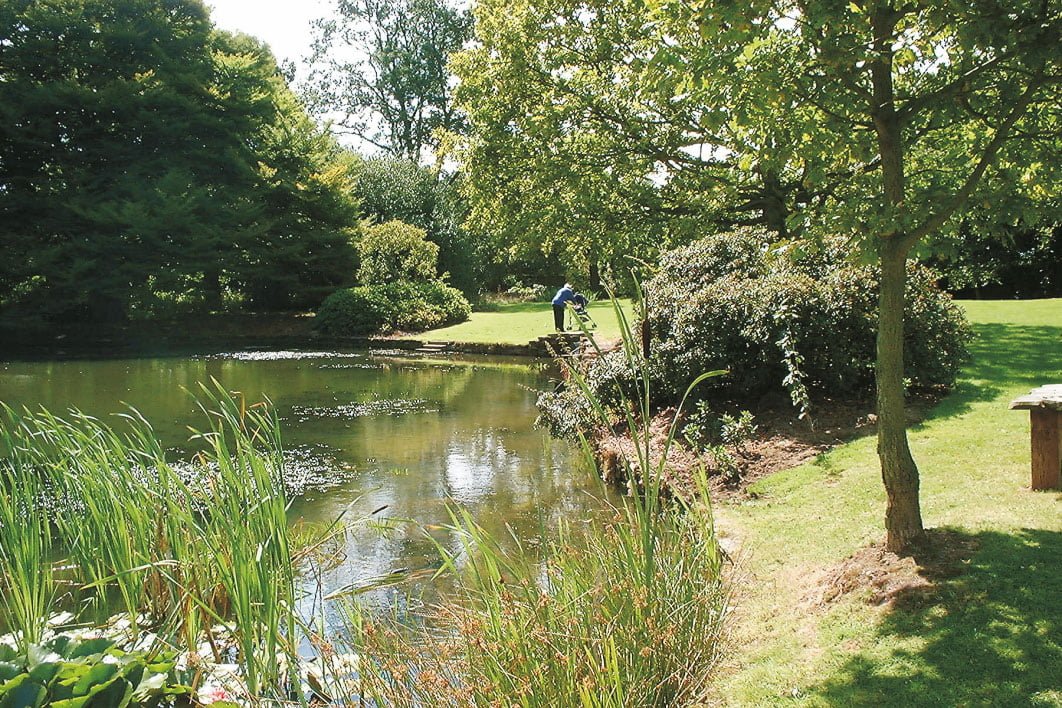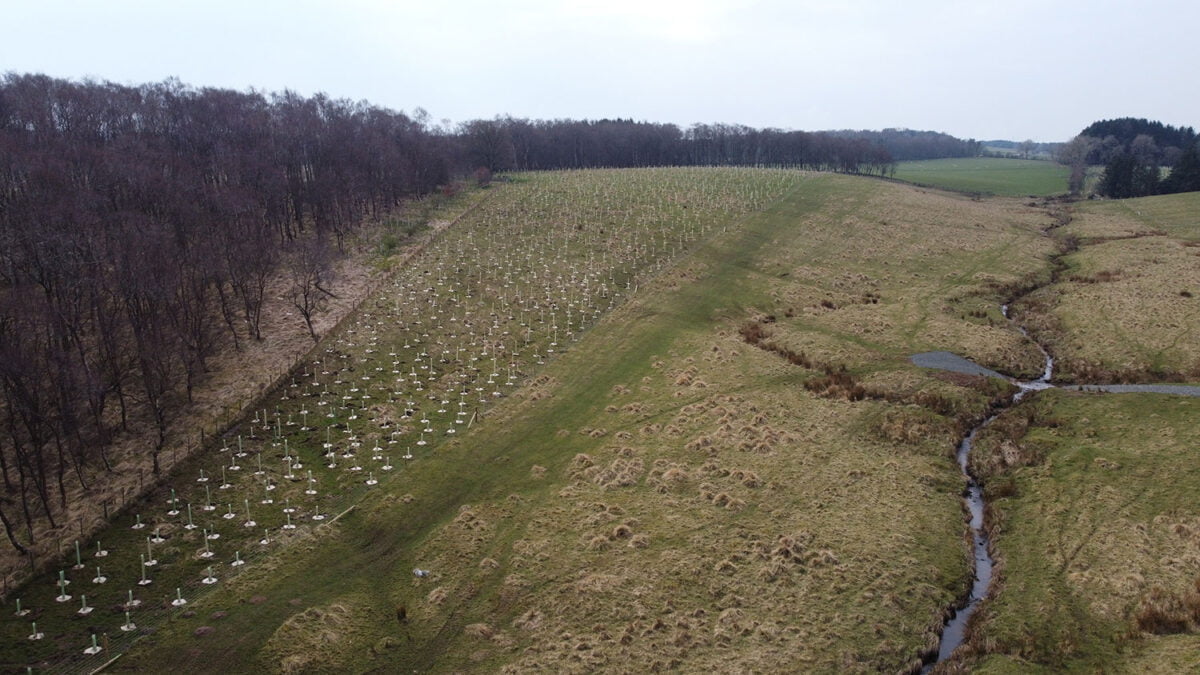
Landscape management is the care of land to ensure that landscapes can fulfil needs and aspirations in an effective and sustainable manner for present and future communities of users.1
Landscape Institute
Landscape Managers consider both the natural and designed landscapes focusing on the environmental, social, cultural and economic factors2 so that everyone can get the most out of their greenspace, whatever it may be.
Landscape Managers, like designers and planners, are members of the Landscape Institute, following a similar training and career path ultimately culminating in taking the same Landscape Institute ‘Pathway to Chartership’ to become Chartered Members of the Institute. As such, they share many of the same skills and knowledge base as other landscape professionals, but with a particular emphasis on practical, long-term solutions to achieving an environmental and economically sustainable landscape.
Although Landscape Managers do not produce drawings and illustrations like our design-focused colleagues, their work is still very creative. Clients expect Landscape Managers to ‘design through management’, changing maintenance regimes, phasing in/out vegetation and helping to realise a long-term vision, often with a much lower capital investment. They take a balanced and informed approach to safeguarding our landscapes historic, cultural and biodiversity values whilst maximising its potential for present and future use.
Landscape management is the bridge to establishing new habitats and in many cases enhance existing ones; this knowledge clarifies the requirements for a thriving landscape. This skill is especially important during the process of Biodiversity Net Gain (BNG), where effective management prescriptions will allow enhanced and proposed habitats to achieve their target conditions, a pivotal aspect of successfully implementing BNG on proposed developments.
Landscape Managers ensure that landscapes, new and established can be effectively maintained and managed over time by preparing landscape management plans, strategies, business plans and advising on new developments, regularly providing management-based solutions to site issues. They do this through bespoke reports, schedules and drawings, concise and clearly written, but comprehensively detailed to spell out detail where it’s needed. The work requires Landscape Managers to be broad-minded and well-informed, working with other disciplines to bridge the gap between designers, ecologists, arboriculturists and planners, providing practical and pragmatic thinking to green infrastructure projects.
Landscape Managers are very flexible and willing to turn their hands to almost anything, from working in the office to overseeing works on site. They approach things in a practical, realistic way, taking on board comments from clients and the community and dealing with them face on. They are problem solvers and like to get things done!
Landscape Managers are often very knowledgeable about gardening, but rarely use gardening tools at work (in the same way Architects do not build houses!). Instead, they devise maintenance strategies, advise on procurement and actively administer maintenance contracts for landscapes of all shapes and sizes. That said, if they are on site and something needs doing, they will be the first to get the shovel out – they don’t shy away!
Management and maintenance are the same thing aren’t they? Maintenance is ‘the status quo’, whereas Management involves taking a dynamic approach, accounting for a variety of scenarios and events. Landscape Managers live in an unpredictable and changing world and have to deal with the threats of climate change and biosecurity on a daily basis. The object of all Landscape Professionals is to protect, conserve and enhance the natural and built environment for the benefit of the public and they emanate this through their work to ensure that their approach prepares for the unexpected.

The Landscape Management team at TEP includes over 30 professionals, working across the UK for public organisations and private clients, performing a variety of services, including:
– Environmental impact assessment
– Landscape and visual impact assessment
– Landscape audits
– Open space assessments
– Green and blue infrastructure strategies








